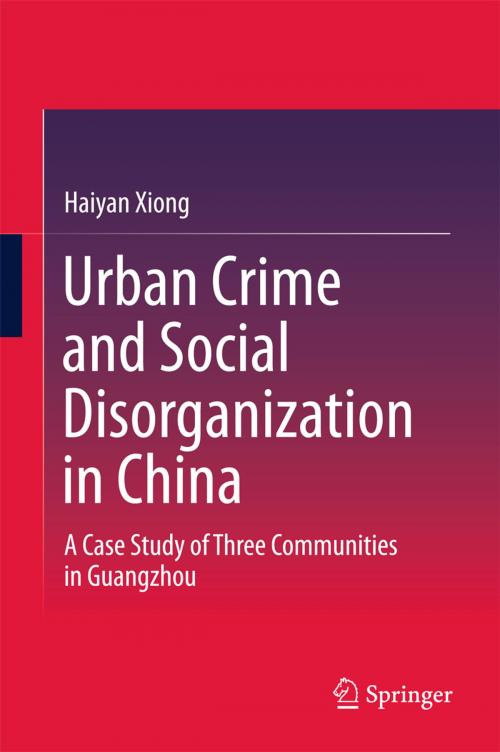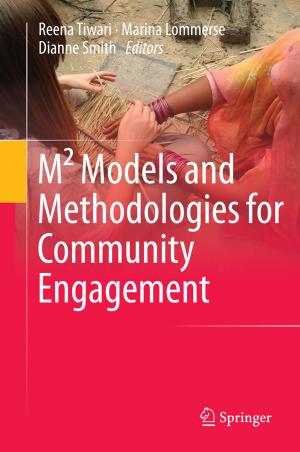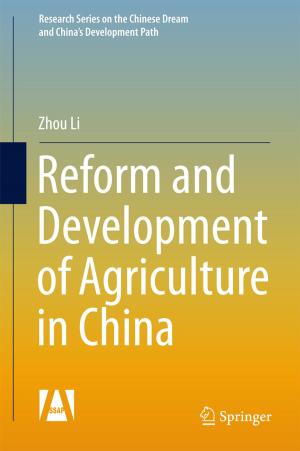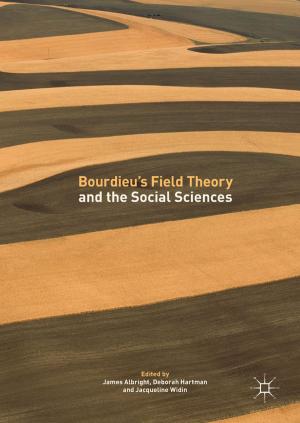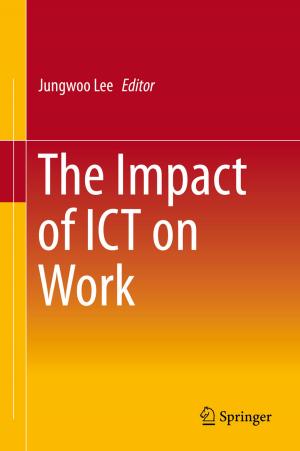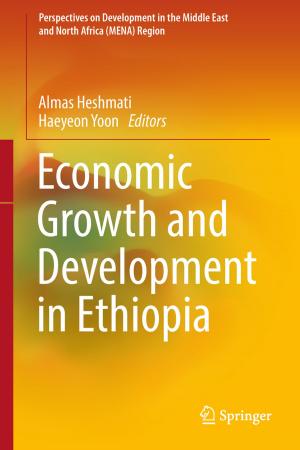Urban Crime and Social Disorganization in China
A Case Study of Three Communities in Guangzhou
Nonfiction, Social & Cultural Studies, Social Science, Human Geography, Sociology| Author: | Haiyan Xiong | ISBN: | 9789812878595 |
| Publisher: | Springer Singapore | Publication: | October 19, 2015 |
| Imprint: | Springer | Language: | English |
| Author: | Haiyan Xiong |
| ISBN: | 9789812878595 |
| Publisher: | Springer Singapore |
| Publication: | October 19, 2015 |
| Imprint: | Springer |
| Language: | English |
The book selects Guangzhou, which has the highest crime rate in China, as a research site to study patterns of crime and social disorganization. It combines methods of content analyses with ethnographic fieldwork. The research first selected 1422 crime cases reported by the influential Southern Metropolis Daily in 2013 to identify the general crime-distribution pattern. The findings suggest that both spatial and demographic-density distribution of criminal cases in Guangzhou show a gradient circle pattern from city center to suburb. Focusing on three selected typical communities, the thesis finds important patterns of crime and social disorganization that are very different from Western research. These findings are organized according to major correlates of social disorganization, including unemployment, marriage and family, residential stability, ethnic heterogeneity, social equality, social capital, social control, social isolation and social exclusion, community cohesion, trust and fear, traditions, morals and beliefs, language. These findings extend and elaborate Social Disorganization Theory in urban China. This book can be used as a textbook for college and Ph.D. students majoring in law and sociology, as well as a reference book for professionals in related fields. Although academic, this book is written in such a way that it will also appeal to a general audience.
The book selects Guangzhou, which has the highest crime rate in China, as a research site to study patterns of crime and social disorganization. It combines methods of content analyses with ethnographic fieldwork. The research first selected 1422 crime cases reported by the influential Southern Metropolis Daily in 2013 to identify the general crime-distribution pattern. The findings suggest that both spatial and demographic-density distribution of criminal cases in Guangzhou show a gradient circle pattern from city center to suburb. Focusing on three selected typical communities, the thesis finds important patterns of crime and social disorganization that are very different from Western research. These findings are organized according to major correlates of social disorganization, including unemployment, marriage and family, residential stability, ethnic heterogeneity, social equality, social capital, social control, social isolation and social exclusion, community cohesion, trust and fear, traditions, morals and beliefs, language. These findings extend and elaborate Social Disorganization Theory in urban China. This book can be used as a textbook for college and Ph.D. students majoring in law and sociology, as well as a reference book for professionals in related fields. Although academic, this book is written in such a way that it will also appeal to a general audience.
